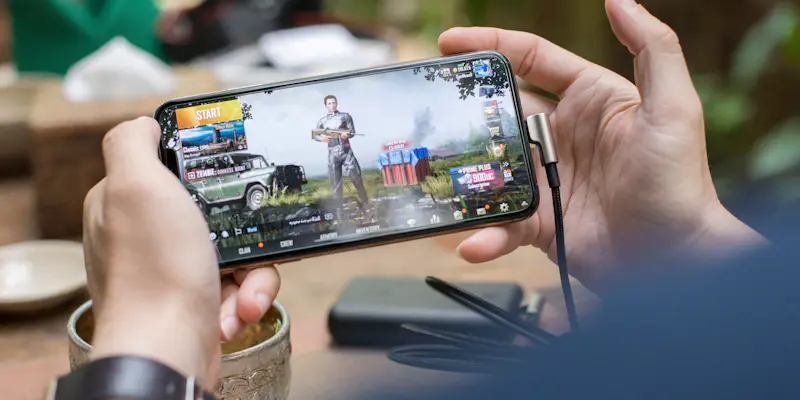The Poco X7 Pro 5G’s launch in India on January 9 has stirred quite the buzz in the market, with its competitive specs and appealing price points making it a strong contender in the mid-range smartphone segment. Powered by MediaTek’s Dimensity 8400 Ultra chipset, the device has been made available in two variants: the 8GB + 256GB model priced at Rs. 27,999 and the 12GB + 256GB model at Rs. 29,999. With color options like Nebula Green, Obsidian Black, and Poco Yellow, the X7 Pro 5G also presents a stylish appearance that appeals to diverse tastes.
For those seeking additional savings, ICICI Bank customers can enjoy a Rs. 2,000 discount, reducing the effective prices to Rs. 25,999 and Rs. 27,999 respectively. Moreover, a one-day Rs. 1,000 discount coupon further brings down the prices to Rs. 24,999 and Rs. 26,999, making the device even more attractive. The anticipation for the Iron Man Edition of the Poco X7 Pro 5G adds another layer of excitement, although its availability in India remains uncertain.
A Deep Dive into Poco X7 Pro 5G’s Features
The Poco X7 Pro 5G is distinguished by its 6.73-inch 1.5K flat AMOLED screen, featuring a 120Hz refresh rate and peak brightness of 3,200 nits for an extraordinary visual experience. It is even more responsive owing to a 240Hz touch sampling rate. The display is protected by Corning Gorilla Glass 7i, enhancing durability. Operating on Android 15-based HyperOS 2.0, it promises three years of OS updates and four years of security fixes, ensuring users stay secure and current.
Photography enthusiasts will appreciate its dual rear cameras: a 50-megapixel Sony LYT-600 primary sensor and an 8-megapixel ultrawide lens. The 20-megapixel front camera with advanced AI features guarantees excellent selfies and video calls. The phone’s battery life stands out with a 6,550 mAh capacity and 90W HyperCharge, fully recharging in just 47 minutes, perfect for busy users.
Enhancing its appeal, the Poco X7 Pro 5G has TÜV Rheinland Low Blue Light and Flicker-Free certifications for eye comfort. Connectivity options include 5G, Wi-Fi 6, Bluetooth 5.3, and USB Type-C. With IP66+IP68+IP69 ratings, it promises robustness against dust and water.
Its competitive pricing and discounts make the Poco X7 Pro 5G a top contender in India’s mid-range smartphone market. While its specs are commendable, the real question is how it performs in everyday use. Time will tell if it surpasses competitors to become India’s best mid-range smartphone.

